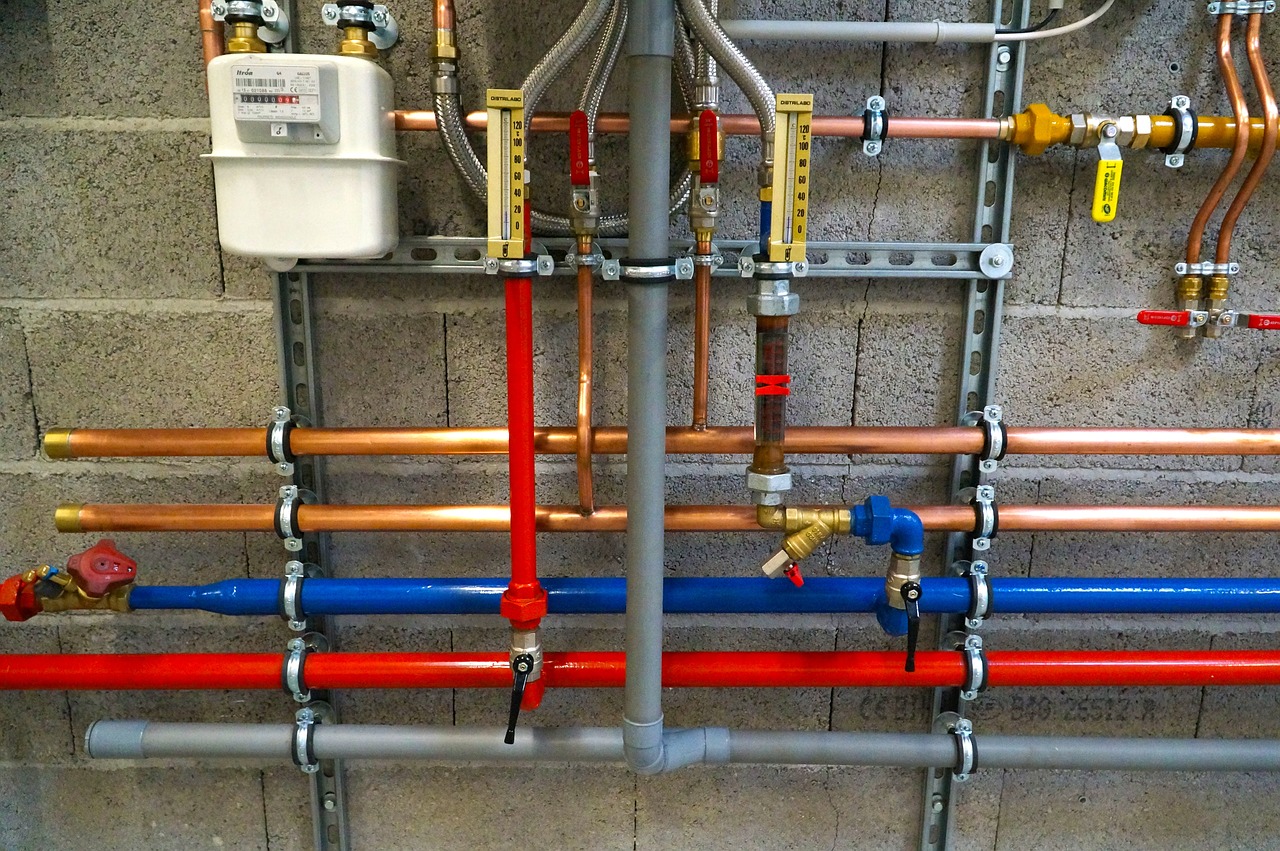Backflow Types, Safeguarding Measures, and ASSE Certified Testing for Commercial Properties

image source : pixabay.com
Now and then, you hear about backflow, or you might be facing backflow issues. It’s like, you know, and you don’t understand what backflow is. You have heard about it and fixed it through professionals, yet deep down, you don’t know how and why it happens. Why not discuss it today? Let’s start.
Okay! Imagine your water supply system is a masterfully choreographed dance of valves and pipes. But what if this beautiful flow chose to take a diversion and start walking backwards? That’s backflow for you—a sneaky move where water changes course, bringing along potential contaminants for an unwelcome swim in our clean water supply.
Backflow is of two types:
The first type of backflow is Backpressure Backflow
Imagine water flowing against your plumbing system’s flow due to elevated pressure. For instance, this can occur if a pump forces water into the system more forcefully than usual or if your garden hose is immersed in a swimming pool. Because of the increased pressure, water may be forced to reverse course and return to your primary water source contaminated.
Maybe you are from areas like Berkeley Heights, Union County, Essex, Hudson, and backflow happened. So what do you do? How do you prevent it before the professionals comes and check for the real issue?
Firstly, you need to install backflow preventers, which act as water traffic wardens, preventing the reverse flow caused by increased pressure.
Secondly, you need to do regular system checks. It is essential to monitor your plumbing system, especially when you make modifications or install new equipment.
The second type of backflow is Backsiphonage.
It happens when there’s a sudden drop in pressure in the water supply system. This drop creates a vacuum, pulling water from your pipes back into the main supply. It’s not an excellent scenario if your pipes have been mingling with potential contaminants.
So, how to Stop the Siphonage Symphony:
Install air gaps in your plumbing system to create a physical barrier that prevents water from flowing back.
Place anti-siphon valves at crucial points in your system; they stop the backward flow in its tracks.
How to Safeguard Against Backflow
When backflow happens, the primary question that comes to your mind is how to prevent it. Have you ever heard of check valves, double-check valves, or reduced pressure zone (RPZ) devices? These are your go-to gadgets in the battle against backflow. Check valves allow water to flow in one direction only, like a one-way street for water. Double-check valves add an extra layer of protection by having, you guessed it, two check valves. RPZ devices are like the Fort Knox of backflow prevention, providing a robust defense against back pressure and back siphonage.
Regularly testing your backflow prevention devices is like giving them a wellness checkup. Are they in good working order, or are they under the weather? If a device is not up to snuff, it’s time for maintenance or a replacement. Remember, prevention is the best medicine!
Share the knowledge! Whether you’re a homeowner, plumber, or water enthusiast, understanding the importance of backflow prevention is the first step. Educate your community, neighbors, and even that friendly squirrel in your backyard about the significance of keeping our water safe and clean.
By understanding the two types of backflow and adopting preventive measures, we can ensure that our water remains clean and safe to consume.
If you have a commercial property in areas like Morristown, Monmouth, Middlesex, Somerset, Hunterdon, Mercer & more counties of New Jersey, then backflow testing is even more crucial. You need a professional for BACKFLOW TESTING FOR COMMERCIAL PROPERTIES, ASSE Certified to attest to the significance of this practice. It involves examining the plumbing systems to prevent the contamination of potable water by non-potable sources. Regular backflow testing helps maintain water quality and safety standards. Businesses need to comply with these regulations. Ensuring the integrity of your water supply not only safeguards public health but also prevents costly issues. To be a responsible property owner or manager, stay informed about backflow testing and hire a certified expert to keep your water supply clean and safe.
Although there are professionals to handle backflow issues, it is essential to understand them to act wise in times of need. If we can’t fix it, we can at least control it until the professionals take the necessary actions.
Leave a Reply